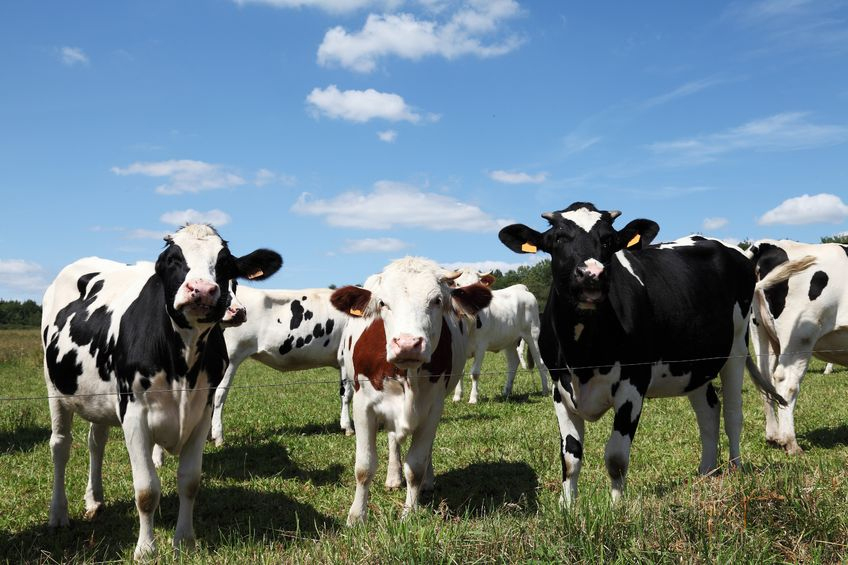
Milk production in the UK is down 9.2% to 3.9m litres/day from the same period in the previous year, according to new figures.
Daily deliveries for this period were 1.8m (4.4%) lower compared with the 3-year average, Agriculture and Horticulture Development Board (AHDB) said.
Last week the board said one in ten dairy farms in England and Wales have closed in the last three years, approximately 1,002 since June 2013.
The European Milk Board echoed the worries by saying the situation for producers in the EU could have been taken from a horror movie.
"Disastrous price reporting month on month; the gap between production costs and farm-gate price continues to widen and families on dairy farms live in fear of this very real threat to their existence," the Board explained.
As the figures from April for milk production in Germany show, an average price of 25.78 cents does not cover two-thirds of production costs which are over 44.60 cents per kilogramme of milk.
These figures are complied every quarter by the Büro für Agrarsoziologie (BAL) and are then published jointly by the MEG Milch Board and the European Milk Board (EMB).
Cost analyses for other European countries show that this is "neither a temporary problem nor a situation limited to Germany," the Milk Board said.
'Fallen off a cliff'
GB milk deliveries seem to have fallen off a cliff, according to AHDB Dairy daily deliveries data, with average production for the 2 weeks ending 2 July down 10% on last year.
"It would appear the trend in production is a combination of poor grass quality and the lack of supplement feeding," AHDB said.
"The weather has been rather erratic which has allowed for good grass growth, albeit with a bit of a late start to the season.
"However, it has been suggested that quality in a number of areas across GB has not been great. As well as this, in order to cut costs, farmers have been cutting or stopping supplement feeding.
"On a positive side, the drop in production could improve the balance between supply and demand sooner than expected and provide support to prices.
"However, any significant change to feeding has the potential to lead to fertility issues which could impact production for the remainder of this and most of next year."
Immense pressure
Romuald Schaber, President of the EMB said: "This constant shortfall in price coverage means that farmers must subsidise their production out of their own pockets.
"To make this possible, they do not pay themselves for the work they put in and take on loans to salvage their milk production and farms for the time being.
"When even this fails, many farms abandon milk production, raising a very urgent question. Can we really treat those producing our food so unfairly and allow production in many regions of Europe to simply disappear?
"While it is obvious that the answer to this question is 'No', the next question about options to address these unfair conditions is also self-evident.
"To bring prices to a fair level, the volume of milk on the market must be reduced," outlines Schaber as the solution for the dairy sector.
"Producers willing to reduce their production volume should receive financial compensation.
"After all, they would be contributing to stabilising the market, which would benefit all producers in the form of higher prices."
